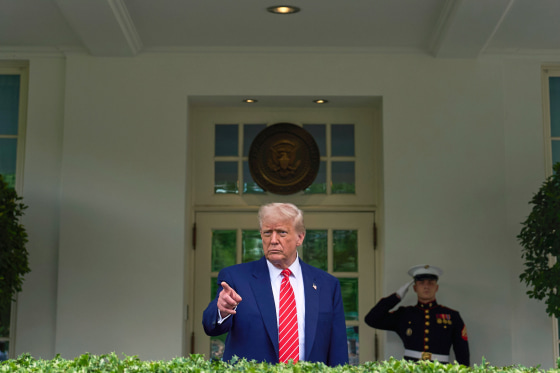Greenland: Strategic Importance, Global Interest, and Recent Developments

Greenland, the world’s largest island, has become a focal point for international attention. Its rich resources and strategic Arctic location have sparked renewed interest among global powers. As climate change accelerates ice melt, new opportunities and challenges are emerging. In this article, we delve into why Greenland is so significant and examine the recent controversies that have put this remote island in the global spotlight.
Why Greenland Matters
Greenland sits between North America and Europe, making it a key location for shipping routes and military installations. The island is rich in rare earth minerals, uranium, and iron. Its natural resources, once locked away by thick ice, are now becoming increasingly accessible as the ice recedes.
This new accessibility has intensified global competition over Greenland. Both the United States and numerous European countries recognize the island’s strategic value. As climate change continues, Greenland’s role in future shipping, energy, and resource extraction will likely only grow.
Global Security and Intelligence Interests
Recent government actions underscore just how vital Greenland has become to world powers. In May 2025, U.S. officials directed spy agencies to enhance efforts to gather intelligence about Greenland, focusing on the island’s political movements and natural resources. This move sparked diplomatic friction with Denmark, Greenland’s sovereign state, who openly objected to intelligence operations carried out by allies. For more details, read U.S. spy agencies told to gather intelligence on Greenland.
This was not an isolated incident. Questions about diplomatic conduct and the broader implications for Arctic security have fueled further debate in international circles. To understand the Danish government’s reaction and broader context, see Denmark PM says you cannot spy against ally following reports US spying Greenland.
Greenland’s Strategic Future
Greenland’s future is poised at a crossroads. Polls show that most Greenlanders do not support becoming part of any other nation, valuing their unique identity and autonomy. Still, its growing appeal—driven by strategic, economic, and environmental shifts—means the world will be watching what happens next.
The ongoing discoveries and shifting dynamics make Greenland a region of continuing importance. For further reading on recent developments, visit this New York Times article on US-Greenland relations.
Conclusion
Greenland is more than just a vast, icy landscape. Its strategic significance, natural wealth, and changing environment make it a key player in Arctic and global affairs. As Greenland continues to attract attention from the world's major powers, its decisions and developments will shape the future of the Arctic and impact international strategies for years to come.